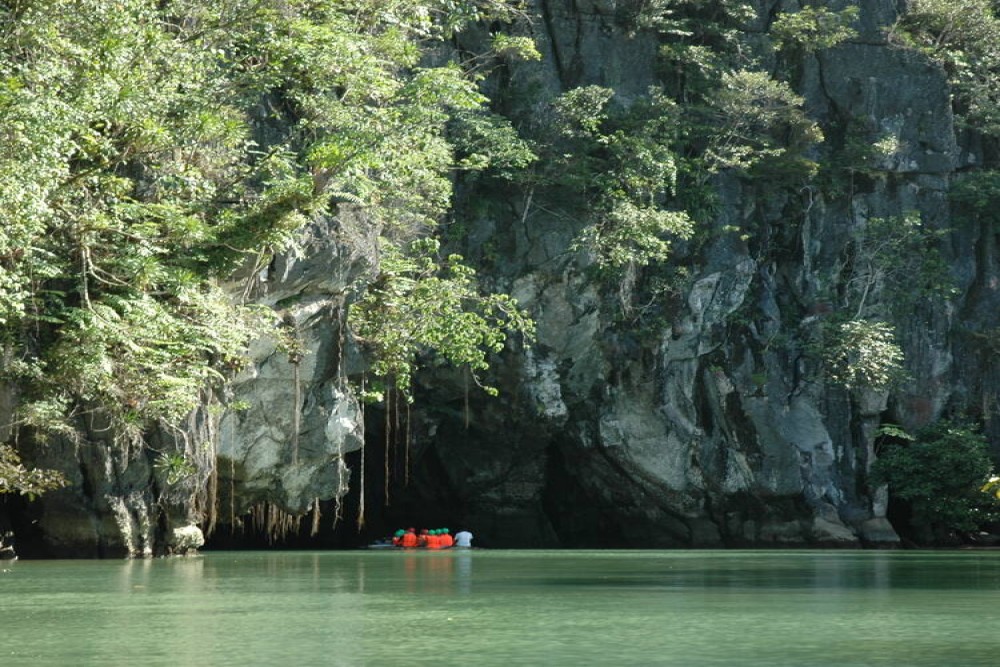Puerto Princesa is now a Green Justice Zone, the first ever declaration in the Philippines.
The Supreme Court (SC) and the Department of Justice (DOJ) launched the Puerto Princesa Green Justice Zone, enabling the city to deals with matters concerning environmental protection and natural resource management within its jurisdiction, with the aim of addressing climate change and environmental degradation.
Interior Secretary Benhur Abalos Jr. said the Green Justice Zone project in Puerto Princesa is significant as the Philippines is considered one of the mega-diverse countries that hosts more than 36,000 species of plants and animals, according to a 2017 study of the World Bank’s Global Environment Facility.
“However, economic pressures combined with widespread illegal activities, such as illegal logging and wildlife trade, make the country a major biodiversity hotspot,” Abalos said.
He said such environmental crimes result in a loss of natural resources valued at over $1 billion or some P50 billion per year.
“On the ground, in terms of policies and capacity-building, rest assured that we in the DILG will always be there to contribute to our goals in this Justice Zone,” he said.
Puerto Princesa City Mayor Lucilo Bayron thanked the Justice Sector Coordinating Council (JSCC) and partner international organizations for choosing Puerto Princesa as the first Green Justice Zone in the country.
“This initiative reflects our collective commitment to environmental justice and sustainability, ” Bayron said.
The JSCC Puerto Princesa City Justice Zone is also the country’s third “specialty” justice zone.
The first specialty justice zone was put up in Zamboanga City in February to handle cases of trafficking of persons while the second was launched in Tagaytay City to handle cases arising from economic development projects. Overall, the country has 12 justice zones and the nine other cities that have such are Quezon, Cebu, Davao, Angeles, Bacolod, Naga, Calamba, Balanga, and Baguio.
Justice zones are areas where local justice sector actors such as police, prosecutors, public attorneys, judges and prison staff work together to identify common problems and generate common solutions to address them.


